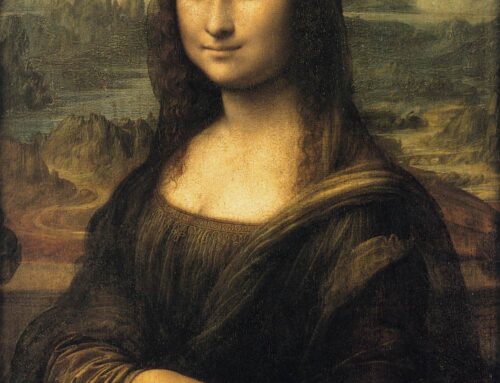My introduction to the power of the liberal arts came in an undergraduate course studying the Middle Ages and the Renaissance…. Until then, I had assumed (as most high school students probably still do) that history was a series of facts and events that you simply had to get in the right order. Once you did that, you could see how one thing led to another. From there, you could see why they happened the way they did, and that was it….
Using the same basic set of facts, the authors came to different conclusions about how Western civilization had proceeded from one era to the other. And in doing so, they presented different ways to think about the significance of the events we had always been taught were simply part of a timeline….
I’m no scholar of the Middle Ages or the Renaissance, but the lesson of these readings has stayed with me for over 40 years: our understanding of the world depends on where we stand and how we interpret what we see and know about it.
h/t AAC&U









Leave A Comment